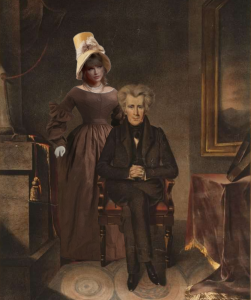Recently, the White House released a new public service announcement as part of its ongoing “It’s On Us” campaign aimed toward college students. Its message is clear: instead of serving as bystanders, we should always be willing to stand up and speak out against any instance of sexual assault that we may witness during our time on campus.
The campaign is a trending topic throughout social media and is en route to joining the ranks of other successful examples of “hashtag activism” seen prevalently on sites like Twitter and Facebook. But even though various celebrities, politicians and universities have made their support of the cause evident online, one question still remains: how much of an impact does hashtag activism really have on our society?
Some public figures, like novelist Teju Cole, believe that, although using the Internet to show support or protest against a current issue can raise awareness among many, the actual effect that these actions have are rather slim.
“Protesting Boko Haram is like lighting candles to cure cancer,” Cole tweeted in response to the #BringBackOurGirls movement that began after a Nigerian militant group abducted 270 schoolgirls from their homes earlier this year.
Others, however, believe that hashtag activism has the potential to make a difference in many cases. One prominent example being the “StandWithPP” tags, which spurred from the controversy surrounding the Susan G. Komen Foundation’s 2012 decision to cut its support of programs provided by Planned Parenthood.
The results of these online movements have varied in success and impact, as a majority of Boko Haram’s captives have yet to be released and the Komen Foundation quickly restored its funding of Planned Parenthood due to donor backlash.
With the statistics on campus sexual assault continuously rising, — the “It’s On Us” website states that one in five women and one in 16 men are assaulted during their college experiences— how do we know for sure that embracing this movement and sharing our support of it with our “friends” and “followers” will reduce those numbers at all?
The answer is simple, really: we actually have to do something.
The only way we can ensure that this campaign will succeed in its mission is if we treat it as more than just an easy way to get “likes” or “favorites” from others or as a surefire method to become involved in social issues without actually having to do anything. I’m not trying to point fingers from a high horse; I’ve been just as guilty when it comes to these things as anyone else.
If someone is being sexually assaulted, we should no longer just let it happen. If we know that a close friend has been raped, abused, etc. by another individual, we should actively support and try to help them as much as we can, as opposed to asking what they might have done to provoke said actions.
Anyone can watch the video, take the online pledge and tell themselves (and others) that they’ll act if they’re ever in a situation when it’s needed. But if that time does come, it takes more than just words to make a difference.
From this point on, let us all go forth, be brave and remember that it’s on us to make a change in our society.








